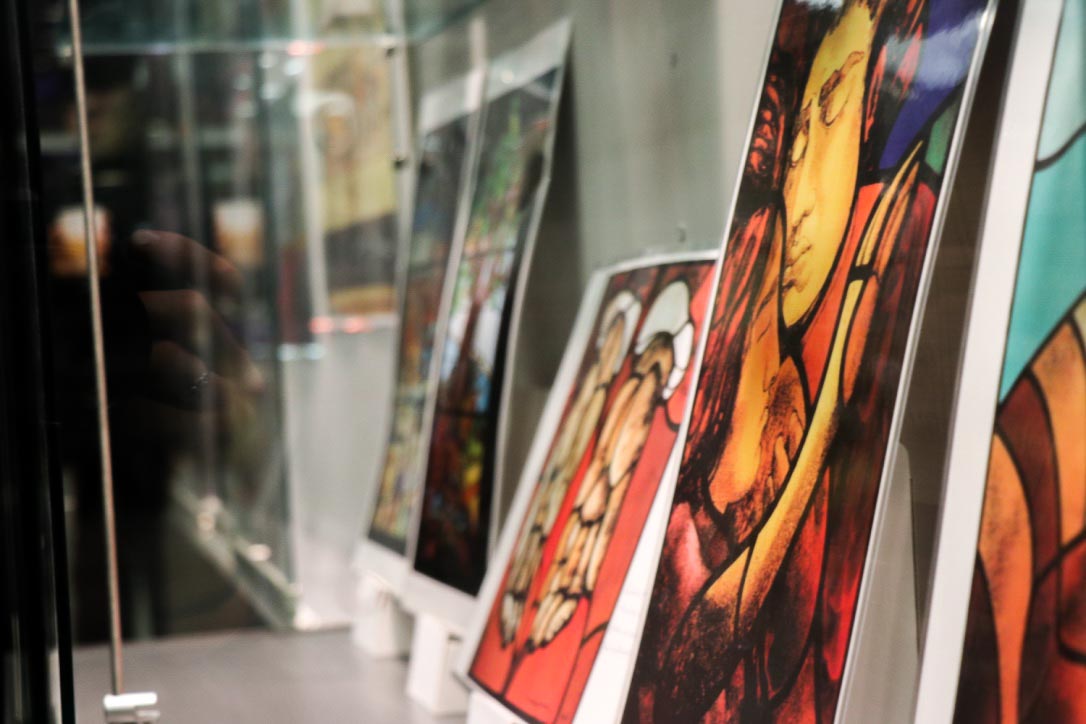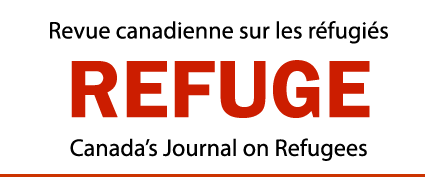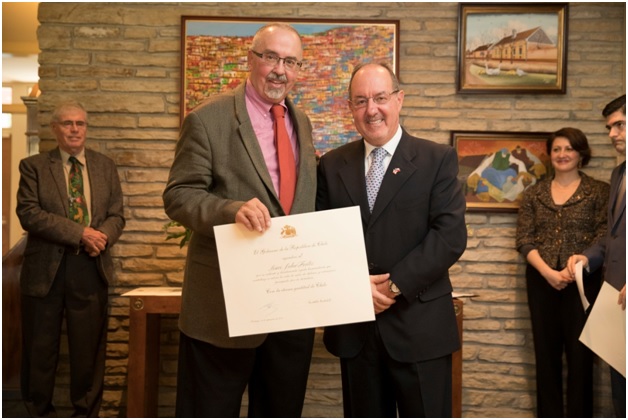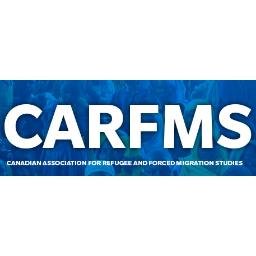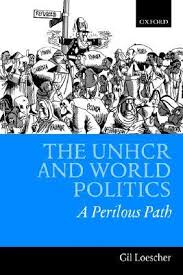Solidarity for Chilean Diaspora at Carleton: Leonore Leon’s university
By Sandrine Murray
Full-length videos of the evening are below.
On Dec. 4, 2017, Carleton University’s department of history celebrated 45 years of involvement in the Chilean diaspora with an art exhibition of Chilean artist José Venturelli Eade. He went into exile after the country’s military coup in 1973, his murals and paintings representative of social revolution in Latin America.
Carleton University was the first Canadian university to welcome the exhibition, thanks to its involvement in welcoming and reaching out to Chilean refugees. Dictator Augusto Pinochet overthrew Salvador Allende in a coup d’état supported by the American government under Nixon, and as a result, many people fled, looking for refuge countries abroad and in Canada.

